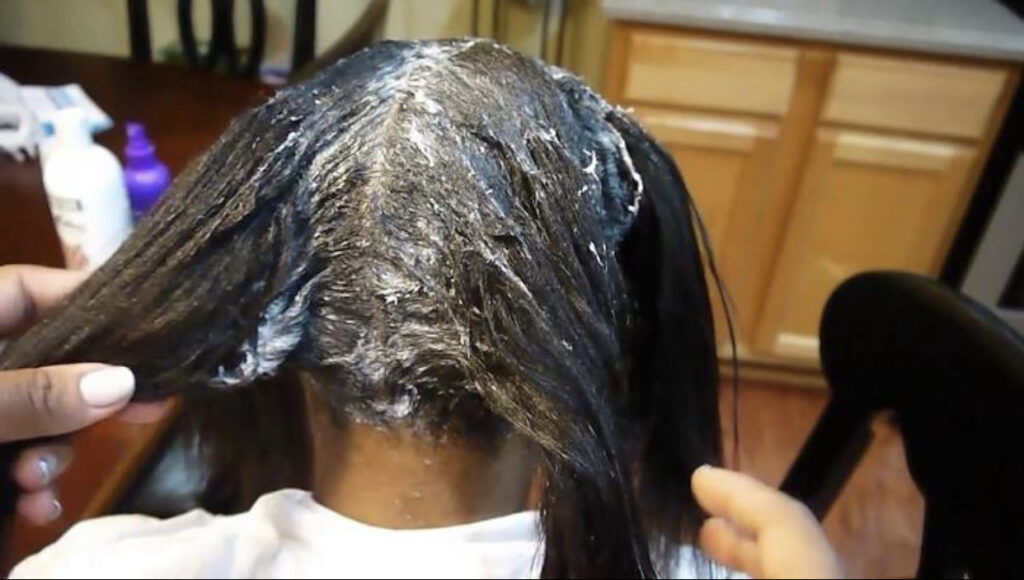Straight hair may be considered just a style whilst having relaxed, bone-straight hair can occasionally mean the difference between snatching a chance or passing it up for Black women in particular. But according to scientists at the National Institutes of Health, a recent study indicates a connection between relaxants or chemicals that straighten hair and uterine cancer. Usually, the uterine lining is where this type of cancer develops.
According to CNN, previous study has linked hair straightening products to an increased risk of hormone-related diseases like breast and ovarian cancer. Additionally, because of their regular use, Black women are more at danger.
“We estimated that 1.64% of women who never used hair straighteners would go on to develop uterine cancer by the age of 70; but for frequent users, that risk goes up to 4.05%,” said Alexandra White, lead author on the study.
This new research is the “first epidemiologic evidence of an association between use of straightening products and uterine cancer,” per the study’s conclusion. Researchers published their findings on October 17, and per White, “the association was notably higher among Black women.” Still, the study’s findings also communicate that “uterine cancer is indeed rare.”
Uterine Cancer and Hair straighteners
An estimated 34,000 women between the ages of 35 and 74 provided data for the new study. The use of hair products such perms, colors, relaxers, and straighteners was covered on a questionnaire that was filled out by each participant. Participants’ cancer diagnoses were also monitored by the researchers.
The association between hair straightening products and uterine cancer was most prevalent among Black women. Despite only making up 7.4 percent of the study group, they landed at 59.9 percent for people who have used straighteners.
“Based off of the body of the literature in this area, we know that hair products marketed directly to Black children and women have shown to contain multiple chemicals associated with disrupting hormones, and these products marketed to Black women have also been shown to have harsher chemical formations,” study author Chandra Jackson said. “On top of that, we know that Black women tend to use multiple products simultaneously, which could contribute to Black women on average having higher concentrations of these hormone-disrupting chemicals in their systems.”
However, the study did not collect information on particular brands or ingredients in the hair products used.
In an email to CNN, Dr. Otis Brawley, former chief medical officer of the American Cancer Society, commended the study but said it’s “unable to show cause; it could be pure association.”
Meanwhile, government officials are stepping in an attempt to put an end to hair-based discrimination. In March, the House passed the Crown Act to combat this issue by prohibiting discrimination based on hair texture or style. Under this act, discriminating against a person wearing their natural and protective styles, such as tight coils and curls, locs, twists, cornrows, Bantu knots, Afros, etc., will be illegal under federal law.
Democratic New Jersey representative Bonnie Watson Coleman spoke the day the ‘Creating a Respectful and Open World for Natural Hair’ Act passed in the House.
“Here we are today, standing on behalf of those individuals–whether my colleagues on the other side recognize it or not–who are discriminated against as children in school, as adults who are trying to get jobs, individuals who are trying to get housing, individuals who simply want access to public accommodations and to be beneficiaries of federally funded programs,” Rep. Watson Coleman said.
The act is now in the hands of the Senate. In addition, several states have adopted the Crown Act into state law, including Massachusetts, California, Colorado, New Jersey, New York, and Oregon.

